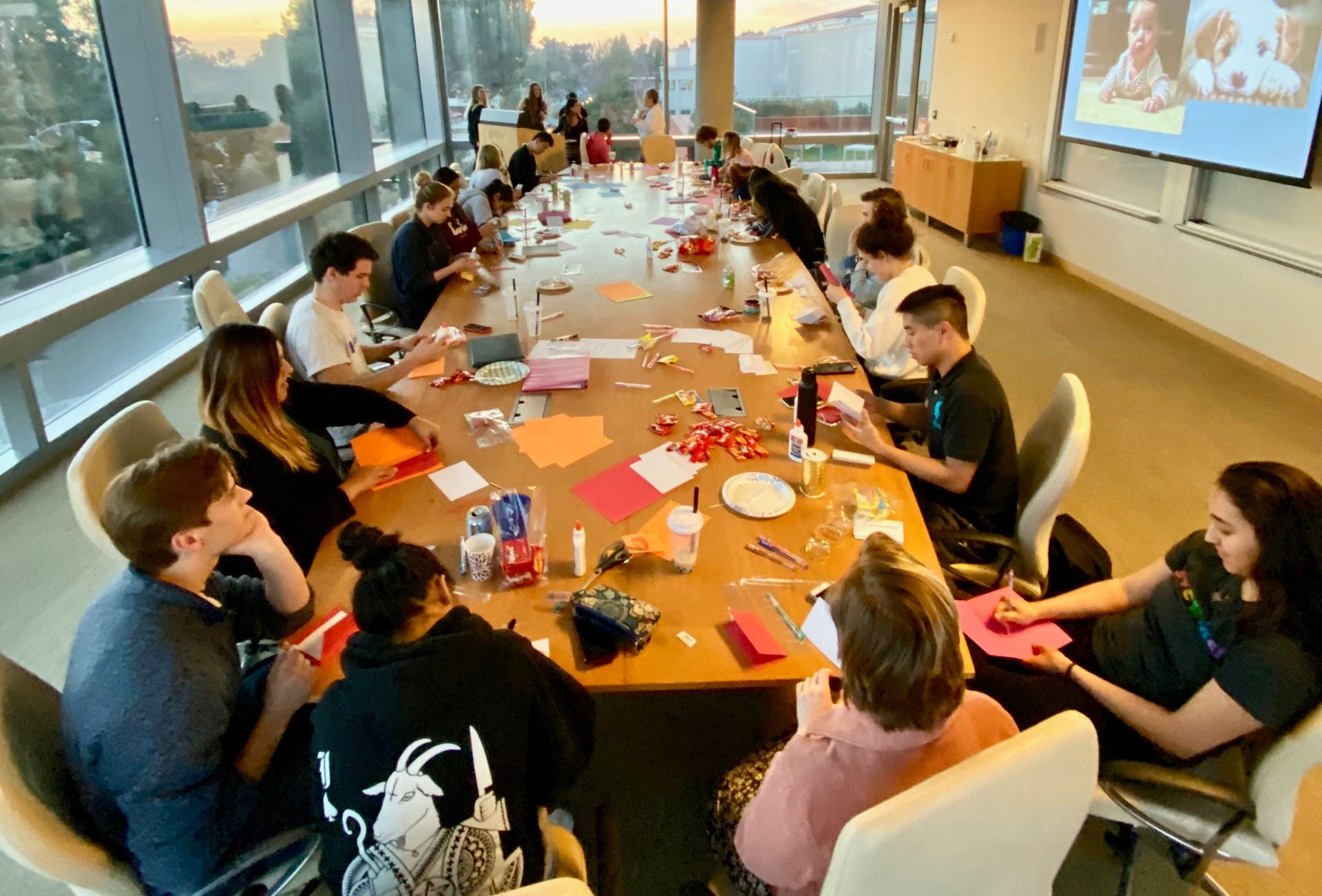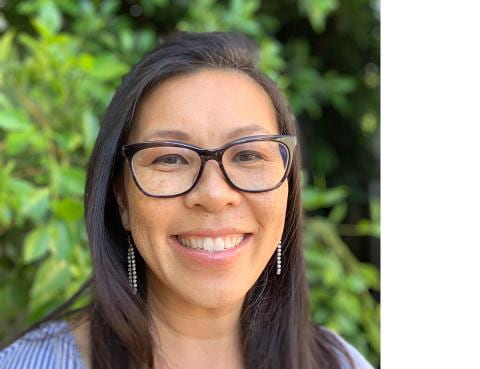
Following a talk at the Athenaeum, Berger Board Member and CMC Alum, Adam Nemer ‘92, spoke to a select group of students at the Berger Institute about the importance of normalizing discussions about mental health in the workplace.
Nemer, a former CFO at Kaiser Permanente, spoke on his radical career transformation from the corporate world to founding Simple Mental Health, an organization focused on destigmatizing mental-health struggles in the workplace. Nemer described how his colleague’s small act of compassion encouraged him to seek help and inspired his new career in mental health consulting.
“I enjoyed his presentation since Adam is very passionate and knowledgeable about the topic, and that made it even more engaging,” said research assistant, Belén Padilla. “I previously thought corporate offices did not care about mental health wellbeing as much, but it is assuring to know that he does workshops with possibly thousands of CEO’s who then incorporate mental health wellness into their teams.”
Nemer provided students with a toolkit of resources to hold on to and use in future situations with peers and colleagues. He illustrated the signs of struggle to look for and walked students through helpful language that can be used in approaching peers and co-workers that might show signs of needing help. He also underscored the importance of educating high-level executives on the basics of mental health literacy.
“I really enjoyed the talk. It was great to get to learn more about a board member and to connect in- person. I really appreciated the way that his story about switching career paths helped to normalize that transitioning career paths is possible at any point in time, from directly post college to even after becoming a C-suite professional,” Leah Atkins, a senior student researcher, said. “It made me think about how even within psychology, we are very sterile almost in the way that we discuss our own mental health in the workforce.”
Many students engaged and discussed different methods for increasing mental health cognizance in public settings. Kaitlin Ip, a research assistant at Berger, came away from the talk feeling inspired.
“Adam Nemer’s Lunch and Learn session was truly enlightening. His transition from a senior executive at Kaiser to founding a mental health company aimed at the very organizations he once worked for represents a significant shift in mindset, priorities, and life values,” Ip said. “His presentation prompted me to reconsider the importance of mental health, highlighting its relevance alongside physical health.”




